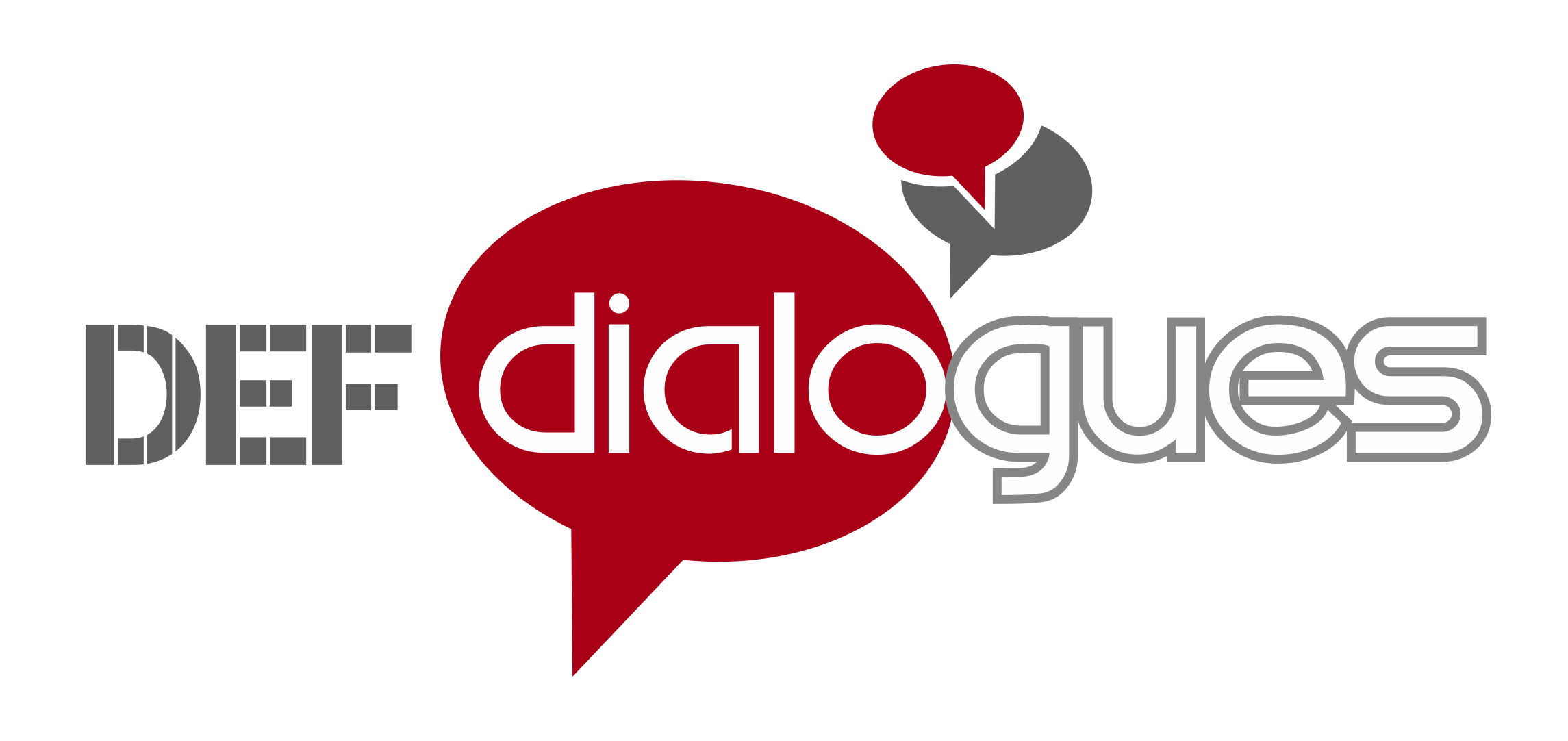 Taking forward the DEFDialogue, Digital Empowerment Foundation in its ninth edition hosted theatre artist and social activist Vandana Pandey in the New Delhi office. The programme that are organised on a regular basis provides an inclusive space for versatile interactions by giving podium to people from all walks of life. Pandey, in her session, emphasised on theatre and alternative mediums like nukkad nataks as tool for social behavioural change. “Combining theatre and the communities is beautiful; it’s like giving voice to the oppressed,” she said while introducing audience to a participatory session called ‘theatre of the oppressed’.
Taking forward the DEFDialogue, Digital Empowerment Foundation in its ninth edition hosted theatre artist and social activist Vandana Pandey in the New Delhi office. The programme that are organised on a regular basis provides an inclusive space for versatile interactions by giving podium to people from all walks of life. Pandey, in her session, emphasised on theatre and alternative mediums like nukkad nataks as tool for social behavioural change. “Combining theatre and the communities is beautiful; it’s like giving voice to the oppressed,” she said while introducing audience to a participatory session called ‘theatre of the oppressed’.
Action-oriented sessions took place to create a coherent and significant sense of drama. Pandey aims at bringing people together to create solutions for their communities. “Why give them voice? The idea of theatre of the oppressed is to hand over the stage to people from the communities, for the communities,” she explained. The above mentioned theatre style includes people from the crowd and trains them in using the powerful media of drama for telling their own oppressive stories.
“I have seen numerous cases where people, especially women, have felt empowered when given the stage,” said Pandey who is on a career sabbatical from Nav Gurukul, a DEF partner organisation. An interactive and activity-based session, it eventually saw participation from the audiences. She formed people in a circle and let them do small activities that were based on an individual’s neighbour’s reactions.
“We were made to stand in circles and the person standing next us was never a constant, it kept on changing: confusing at making us uncomfortable in the beginning,” said DEF’s Ravi Guria, who participated in the dialogue. But later on, he explained, how everyone became comfortable, aware and responsive of their as well as action of their fellow participants.
“I was amazed to see how it worked! The activity is a lesson away from individualistic societies,” he added. “It taught us the organic development of response and how our actions and that of other people’s depended on a lot of coordination and sensitivity,” he said highlighting the societal importance of an activity like this.
The dialogue was an enriching experience aimed at understanding the individual, a society, or an organisation. It encouraged the participants to strive for becoming more balanced as individuals, as community mobilisers and as co-workers. During the feedback session insights were shared by the participants which recognised the beauty of this particular dialogue that “Theatre of Oppressed” could be replicated easily and would be participative, hence it is a good tool to smoothen the process of community mobilisation especially in rural remote communities.








